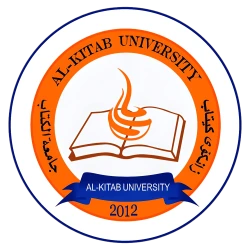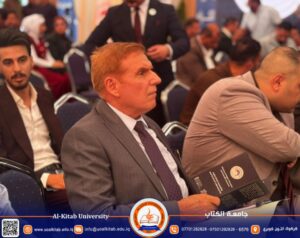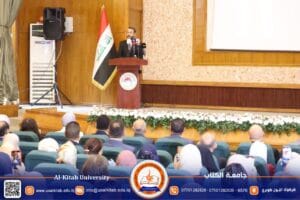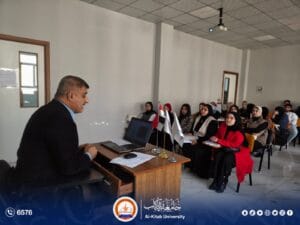Professor Dr. Eng. Samir Saadoun Al-Jabouri
Al-Kitab University / Kirkuk – Al-Tun Kubri – Iraq
Introduction
In an era of accelerating climate change and urgent demand for innovative energy solutions, green hydrogen emerges as the fuel of the future, capable of leading the transition to a low-carbon economy. While many nations have made strides in this field, Iraqi universities—with genuine support for scientific research—possess the potential to become active players in this modern energy revolution.
This article highlights the importance of supporting academic research in shaping Iraq’s green hydrogen roadmap, examining global experiences, infrastructure needs, and showcasing Al-Kitab University as a promising model.
1. Green Hydrogen and Its Importance for Sustainable Development
Hydrogen is a versatile future fuel, classified into three main types based on production methods:
- Grey Hydrogen: Produced from natural gas via steam reforming, the most common method globally, but with high carbon emissions.
- Blue Hydrogen: Produced similarly but with carbon capture and storage (CCS) to reduce environmental impact.
- Green Hydrogen: The cleanest form, produced through water electrolysis powered by renewable energy (solar, wind), with zero carbon emissions.
Green hydrogen’s significance lies in its applicability across transportation, industry, and power generation, integrating seamlessly into existing energy grids. This positions it as a cornerstone for achieving sustainable development goals (SDGs) and global net-zero ambitions.
2. The Role of Scientific Research in Energy Transition
No nation can advance in green hydrogen without a robust scientific research ecosystem. Funding research projects, equipping laboratories, and empowering researchers and students to engage in applied work form the foundation for innovation.
Iraq urgently needs to invest in scientific research as a long-term knowledge asset. Universities can develop tailored solutions for Iraq’s environmental and logistical challenges. Every dollar spent on research in this field will yield multiplied returns in energy security, environmental stability, and sustainable economic growth.
3. Global Lessons in Green Hydrogen – Insights for Iraq’s Future
Leading international examples demonstrate the impact of clear national policies and strategic investments:
- Germany: Launched a billion-euro national strategy, building electrolyzer plants linked to gas networks and ports.
- Morocco: Leveraged solar/wind resources to establish European partnerships, e.g., the Noor solar-hydrogen complex.
- Egypt: Tied green hydrogen projects to the Suez Canal Economic Zone as an export gateway.
- Saudi Arabia: Is developing NEOM, a mega-project for green hydrogen/ammonia production and export.
The common thread? A national vision, infrastructure investment, and support for applied research—all adaptable to Iraq’s context.
4. Iraq’s Infrastructure Potential for Green Hydrogen
Iraq’s assets for hydrogen industrialization include:
- Abundant solar/wind resources.
- A strategic geographic location for exports to Asia/Europe.
- Existing gas transport networks and decades of oil/gas storage/liquefaction expertise.
However, dedicated hydrogen infrastructure is needed: electrolyzers, updated pipelines, storage facilities, and port upgrades (e.g., Basra/Al-Faw). The hydrogen value chain begins in labs and ends at ports, with energy and logistics in between.
5. Al-Kitab University: A Pioneering Model
Al-Kitab University strives to be a knowledge producer, not just a transmitter. It has prioritized renewable energy research, establishing:
- Research groups and scientific events engaging students/faculty in applied projects, especially in green hydrogen.
- Financial support for publication fees and incentives for Scopus/Clarivate-indexed research.
This approach has yielded over 10 peer-reviewed studies on green hydrogen/sustainability, authored by teams collaborating with German, Saudi, Hungarian, Polish, Indian, and Qatari universities. Such partnerships reflect the university’s openness to global cooperation and its capacity to shape national energy policies—if research culture and institutional support are strengthened.
Key Takeaways
- Research-Driven Transition: Iraqi universities can lead green hydrogen innovation with targeted funding and infrastructure.
- Global-Local Synergy: Adapt international best practices to Iraq’s unique assets.
- Al-Kitab’s Blueprint: A model for integrating academia, policy, and industry in energy transformation.
“The future of hydrogen in Iraq starts in university labs—where clean energy meets academic excellence.”





